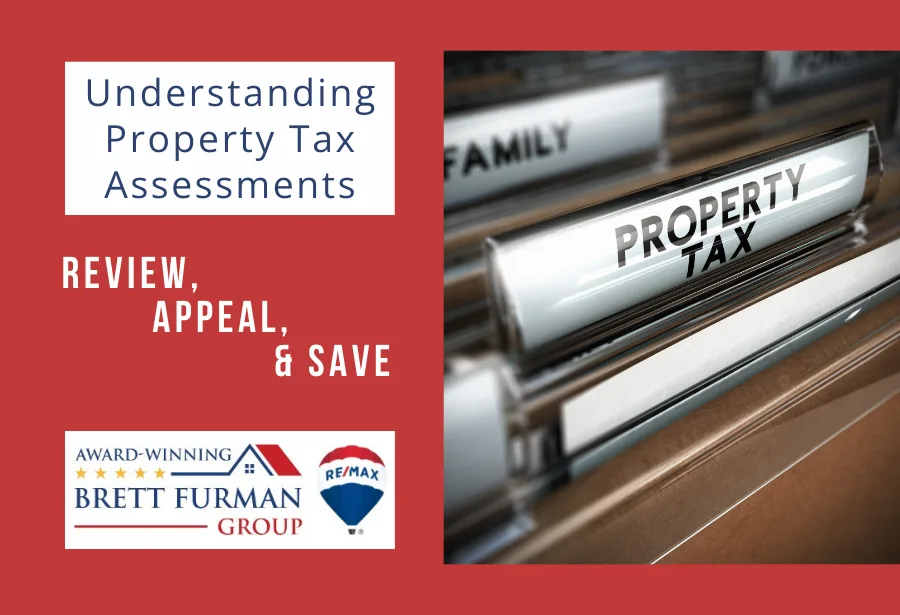Property tax assessments are an unavoidable part of owning real estate.
Property tax assessments directly influence how much you pay in property taxes each year. Understanding how these assessments work, what factors influence them, and how to challenge or reduce your tax bill can save you money and help you stay in control of your finances. Let’s break it all down in this blog.
What Are Property Tax Assessments?
Property tax assessments are valuations carried out by local government authorities to determine the taxable value of your property. These valuations are crucial because they form the basis for calculating your annual property tax bill.
For example, if your property is assessed at $300,000 and your local tax rate is 1%, your annual property tax would be $3,000.
How Property Tax Assessments Are Determined
The Evaluation Process
Local tax assessors review your property using factors like:
- Location – Is your property close to schools, parks, or shopping centers?
- Size – The square footage of your home and land.
- Condition – Is the home well-maintained, newly renovated, or in disrepair?
Additionally, market trends and recent sales in your area influence the assessed value.
Key Factors That Impact Your Property Tax Assessment
Location Matters
The desirability of your neighborhood significantly affects your property’s value. Proximity to amenities like good schools or shopping areas can increase its worth, while declining community conditions may reduce the assessment.
Property Condition and Upgrades
A well-maintained property is likely to receive a higher valuation. Renovations, additions, or upgrades (like a new kitchen or finished basement) can also increase your taxable value.
Market Trends
When the real estate market is booming, property values—and taxes—tend to rise. On the contrary, a slow market can lead to lower assessments.
How to Appeal Your Property Tax Assessment
If your property tax bill seems too high, don’t worry. You have the right to appeal your assessment. Here’s how:
- Review Your Assessment Report
Carefully examine the details of your property’s valuation. Look for mistakes, like incorrect square footage or outdated property details. - Research Comparable Properties
Find properties in your neighborhood similar to yours in size, condition, and location. If their assessments are lower, you might have grounds for an appeal. - File Your Appeal
Submit your case to your local tax assessor’s office. Make sure to include evidence, such as photos or records of comparable properties, to support your claim. Don’t miss the filing deadline—it varies by location.
Tips to Reduce Your Property Tax Bill
Apply for Tax Exemptions
Check if you qualify for property tax exemptions. Many localities offer them for seniors, veterans, or individuals with disabilities. These exemptions can significantly lower your tax burden.
Be Strategic About Home Improvements
While improving your home increases its value, it can also raise your property taxes. Focus on necessary maintenance, and avoid over-renovating if you’re concerned about your tax bill.
Monitor Your Assessment Regularly
Property values change over time. Keep an eye on your assessment to ensure its accurate and doesn’t overvalue your property. If it does, consider filing an appeal.
The Bigger Picture: Why Property Assessments Matter
Impact on Homeowners
Rising property assessments can strain household budgets, especially if taxes increase faster than income. Being proactive about your assessment helps you manage these costs effectively.
Benefits for the Community
Property taxes fund essential public services, including schools, infrastructure, and public safety. By paying your fair share, you contribute to a better community for everyone.
Final Thoughts
Property tax assessments can feel complicated, but understanding how they work puts you in control. Review your assessments regularly, appeal when necessary, and take advantage of exemptions or other opportunities to save. With a little effort, you can ensure that your tax bill reflects only what you truly owe.












